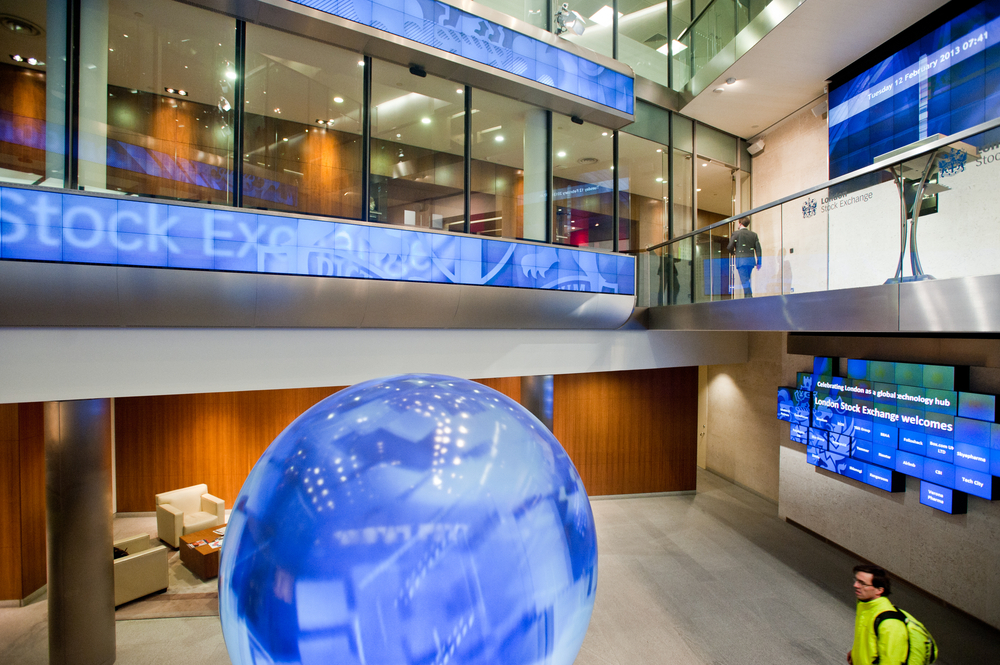Israeli companies were once in bountiful supply on AIM, but of late a number have made their departure – Adamind, Gold Frost and Gilat Satcom all left in 2008-09.
One Israeli business about to land on AIM to replenish those numbers is internet TV specialist PeerTV, headed by CEO Ronnie Jaegermann, previously a founder and managing director of an Israeli chain of underwear stores called ‘Women-only: C Cup & Up’.
Speaking to Jaegermann recently, he informed me that PeerTV, aiming to raise £4.6 million to £6.2 million at between 62p and 72p, plans to ‘revolutionise the TV market’. His company is the developer of a range of set-top boxes able to stream content to televisions over the internet and aims to sell the technology to broadcasters, who will then use it to stream content to emigrant and ethnic minority communities worldwide.
Enthusiastic Israeli Jaegermann believes the advent of internet TV means ‘the duopoly of satellite and cable is about to break’ and says the AIM listing will help PeerTV become ‘internationally accepted’ by internet service providers.
Jaegermann, who has also previously been the CEO of medical devices company Pro-Laser, is bullish about PeerTV’s prospects.
An ethical pair
For those seeking to keep their consciences clean by investing in the green/ethical sector, AIM new boy Caparo Energy, an Indian wind farms play that raised £50.2 million at float at an issue price of 115p, giving a £188.2 million starting market cap, could fit the bill.
This Guernsey-domiciled investment concern aims to ‘generate predictable and long-term cash flows by building up a portfolio of wind power generating assets in the Indian wind energy market.’ Caparo has already signed an agreement with wind turbine generator manufacturer Suzlon Energy to acquire up to 3,000 megawatts of wind power generating farms.
The company argues that with the Indian government seeking to treble its clean energy capacity to 54 gigawatts by 2017, there are great opportunities for it to grow, both in the near and medium term, in a highly fragmented Indian wind farm market.
Water of life
Another entrant that ethically minded investors might mull over is clean water technology outfit HaloSource, a Seattle-headquartered concern that enables water in developing countries to be made safe for human usage.
Having raised £31.5 million for expansion at 135p, HaloSource possesses a number of technologies including Halopure, which kills bacteria and viruses and makes water safe for drinking, SeaKlear, which treats water in recreational areas such as spas and pools and StormKlear, which is used to treat storm and industrial water.
Led by CEO John Kaestle, previously vice president of the global resins business of Borden Chemical, HaloSource highlights World Health Organisation estimates stating that 1.1 billion people lack access to safe drinking water.
HaloSource also argues that the market for residential water treatment equipment in China and India is $960 million and $425 million respectively and already has offices in both of these enormous territories.
Another way to play the Indian growth story is SKIL Ports & Logistics, the ports developer that successfully raised £76 million on AIM at 250p a share.
SKIL wants to use the money to help fund the construction of a new port at Karanja, near Mumbai, which is being built to help take on India’s increasing demand for trade, with capacity at the nearby Jawaharlal Nehru port already overstretched.






